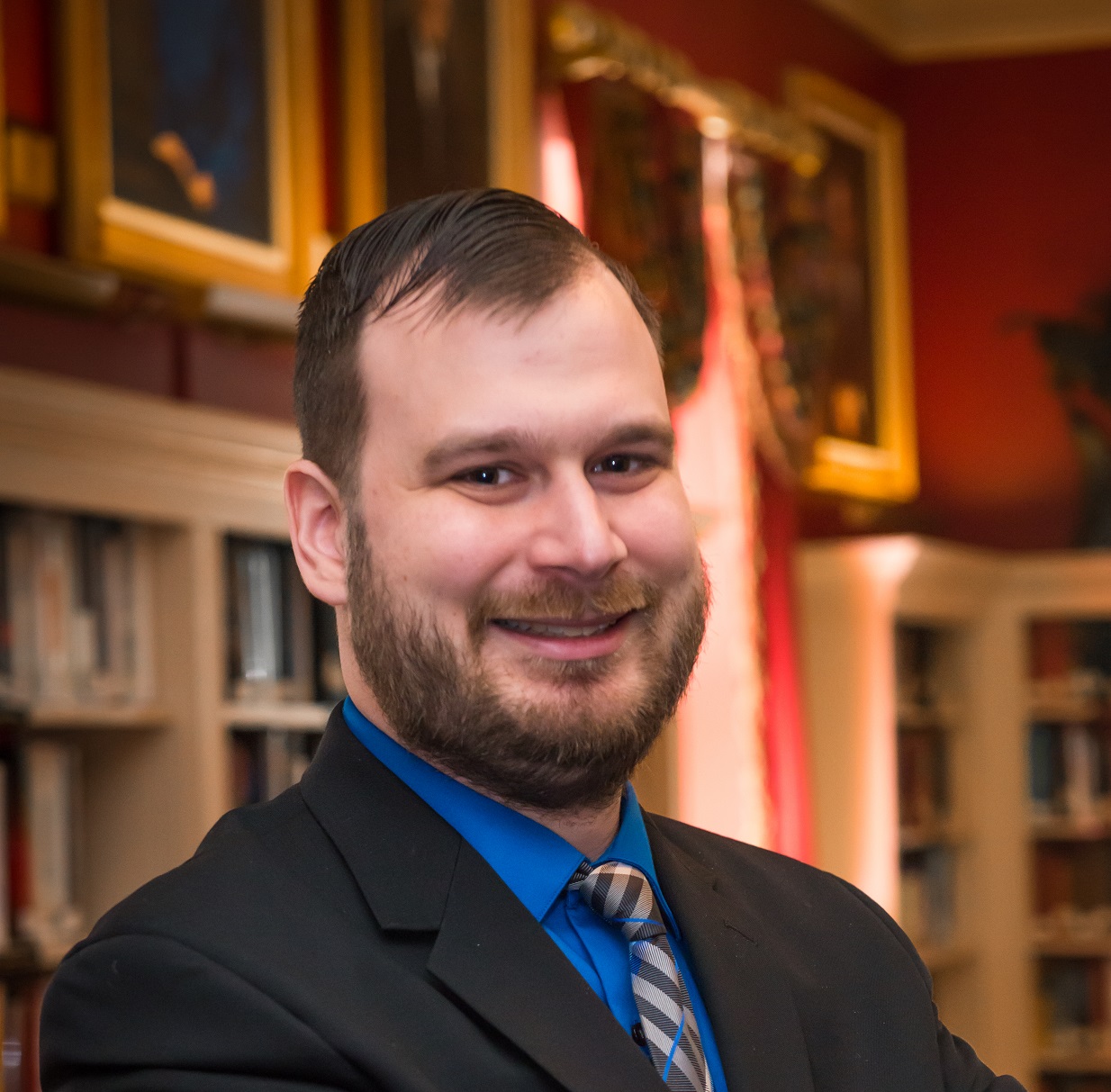This weekend, I, like many other United Methodists around the world, was shocked to learn of Bishop John Yambasu’s untimely death in a car accident, less than two weeks before his 64th birthday.
Yambasu had served as our denomination’s bishop of Sierra Leone in West Africa since becoming bishop in 2009. Later he was elected president of the Council of Churches of Sierra Leone. That ecumenical group’s list of member denominations seems impressively much wider than the “usual suspects” of liberalized oldline Protestantism with which top American UMC officials have overly concentrated their ecumenism. The Candler-educated bishop also held numerous key denominational leadership positions beyond his own country: president of the African College of Bishops, chancellor of Africa University in Zimbabwe, and vice president of General Board of Global Ministries (GBGM).
In 2020, Yambasu was most prominently in denominational news for his role in convening a key group of United Methodist leaders from different constituencies to seek a path to peace. That group ultimately negotiated what is essentially a treaty to end our denomination’s decades of increasingly bitter infighting, called the proposed “Protocol of Reconciliation and Grace through Separation.”
Over the years, I have appreciated Bishop Yambasu’s affable demeanor and our periodic dialogues. Congregations in my own Indiana Conference have long connected to Bishop Yambasu’s conference through the ministry of Operation Classroom.
Under his leadership, the United Methodist Church in Sierra Leone was a force to be reckoned with. With over 285,000 members, over 450 primary and high schools, and several medical facilities, it has reportedly been the country’s largest Protestant denomination. Three years ago, the UMC’s Sierra Leone Annual Conference broke new ground by planting a church in a largely Muslim area of the country, with Bishop Yambasu preaching at the building’s dedication service. That same year, the bishop saw a dream of his realized with the establishment of the United Methodist University in Sierra Leone.
As bishop, Yambasu confronted some rather daunting problems. These included protesting election violence, speaking out against tribe-based divisiveness in the church, chairing a major interfaith campaign to combat the deadly Ebola outbreak in West Africa, and defending biblical faithfulness in our denomination’s debates over sexual morality. Bishop Yambasu also sought to promote greater financial self-sufficiency for his conference, recognizing the dangers and unsustainability of (in 2017) a whopping 95 percent of the money for its pastors’ salaries coming from outside of Sierra Leone. The source of most of this roughly 95 percent in external subsidies had been the Sierra Leone Initiative, funded by United Methodists in the Susquehanna (central Pennsylvania) Annual Conference and Germany Central Conference.
When our denomination’s next governing General Conference is finally able to meet, it is likely to adopt some version of the aforementioned Protocol of Reconciliation and Grace through Separation.
It is no secret that I have been critical about some details of that process and some specific provisions. But in the bigger picture, the reality is that our denomination has for decades been embroiled in an increasingly bitter and destructive sort of civil war between different theological camps – a civil war that began in America, that spread to have negative impacts throughout our global denomination, and that we Americans were unable to resolve on our own. It took Bishop Yambasu’s remarkable leadership in bringing different parties to the table that led to us finally having a framework for peace, in which theologically traditionalist as well as liberal United Methodists can potentially each be set free to pursue our respective visions for what the church should be, without being held back by the other.
United Methodists across the theological spectrum owe the late bishop a debt of gratitude for all that he did to constructively lead us towards a truly sustainable “way forward.”
Please be in prayer for his widow, Millicent, their five children (Rebecca, Adima, John, Emmanuel, and Elizabeth), and all of our grieving brothers and sisters in the Sierra Leone Conference.
No comments yet





